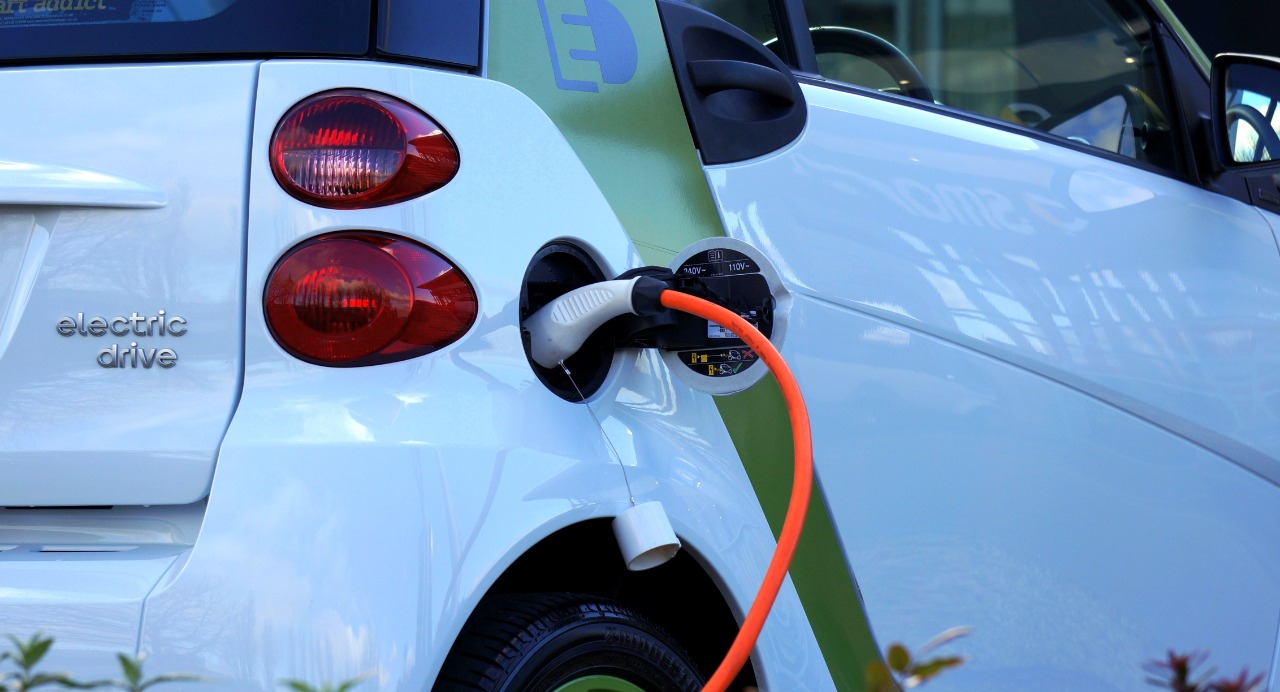A cloud made up of an incredible amount of dust and car exhaust covers the midday sky of Cairo. Smog is everywhere, you will certainly be coughing a few times if you’re a pedestrian on the street running an errand, or commuting to work in your car with the windows rolled down, with a limitless number of cars crowding the streets around you.
Wael Mahmoud is a 22-year-old college student who takes the bus every day to move to and from campus. His trip starts from the area of Heliopolis where he lives, to Mokattam. Describing the daily traffic he says, “Hundreds of cars take over the streets during rush hour, and waiting for a bus to go home can be distressing because the air is polluted to the extent of being potentially painful for someone with asthma, or sinusitis (an inflammation of the sinuses),”.
With so many cars on the streets of Cairo, and across all of Egypt, one can only wonder: how much are these cars contributing to pollution? And is there a solution? The answer to the latter question could include many things, but electric cars are currently receiving massive attention as a solution for this universal problem.
Although electric vehicles (EVs) aren’t 100 percent environmentally friendly, the switch to cars that aren’t powered by fossil fuels has become a necessity over the past few years to curb the catastrophic impacts of pollution on the environment, human health, and the economy. Moreover, gas prices are rising, and this makes electric cars an ideal candidate at this critical time across the globe.
A 2020 study comprising data on air quality, light, and noise pollution found Cairo to be the world’s most polluted city, out of 48 surveyed by UK solar comparison website the Eco Experts, according to Enterprise. Pollutant-emitting vehicles make the transportation sector in Egypt the second largest source of pollution after the industrial sector, as it accounts for 23 percent of harmful emissions in the air, Al-Mal News reported.
In an attempt to mitigate this adverse impact, the government is paying great attention to making EVs a go-to option for people looking to purchase a new vehicle. Earlier this year, at the World Youth Forum held in the city of Sharm El-Sheikh, President El-Sisi announced that the first Egyptian electric car will be produced in 2023. This is part of the state’s direction towards sustainable solutions in various fields, but with an unprecedented focus on the plan to expand the use of electric cars in Egypt. The Ministry of the Public Business Sector has officially stated that it plans to localize the industry of electric cars in Egypt. In the last quarter of 2019, the Ministry took several measures to establish the infrastructure and provide the incentives needed for electric cars to be manufactured, sold, and used. The electricity pricing and charging fees were announced and approved by the Ministry of Finance. The state even declared that it can offer financial support up to EGP 50,000 for buyers of locally-manufactured electric cars, according to El-Youm 7.
So are the efforts made to encourage the selling and use of electric cars paying off both locally and globally? We know that electric car sales across the globe saw an increase of 41 percent just last year, as about three million cars were sold worldwide, despite the repercussions of the COVID-19 pandemic which affected conventional car sales. This growth in sales was mainly concentrated in China, Europe, and the USA, according to Sputnik Arabic.
In Egypt, although slow, electric car sales haven’t stopped completely. During the period extending from June 2021 to January 2022, the total number of licensed electric cars reached 205, with Volkswagen being the most-sold brand. However, the figures are still rather low compared to countries like USA and China. Economic expert Medhat Nafea believes that the reason for that is a few obstacles in Egypt that could be hindering electric cars from becoming vehicles we are used to seeing on the streets every day. These obstacles include the limited number of public charging stations and the difficulty of charging a car at home due to the lack of overall private parking spots. “The electric car market in Egypt is still limited and requires many incentives. For example, the state has yet to announce an inclusive national strategy for manufacturing cars as the custom tariff gets eliminated for cars imported from the EU,” he told Al-Mal. These obstacles will continue to hinder electric cars until extensive efforts are made to tackle them.
Regarding the general outlook of electric vehicles around the world and its relevance to achieving zero net emissions, McKinsey and Company says that on a global level, it expects EV adoption to reach 45 percent under currently expected regulatory targets. However, even this transformative EV growth outlook is far below what is required to achieve net zero emissions. “EVs would need to account for 75 percent of passenger car sales globally by 2030, which significantly outpaces the current course and speed of industry,” the article said.
While the notion of EVs completely replacing traditional fossil-fueled vehicles seems far-fetched at the present time, it is not completely off the table in the long run, with proper regulations and incentives. The pace is slow, but the process will not be stopping any time soon.
“If it is easier to buy electric cars, I believe more people will seriously consider them. I imagine streets filled with greenery and no smog. Pleasant, safe, and not as hot. Maybe EVs aren’t our salvation from global warming or excessive fossil fuels consumption, but it’s certainly one step on the right track,” Wael (the college student) said.









